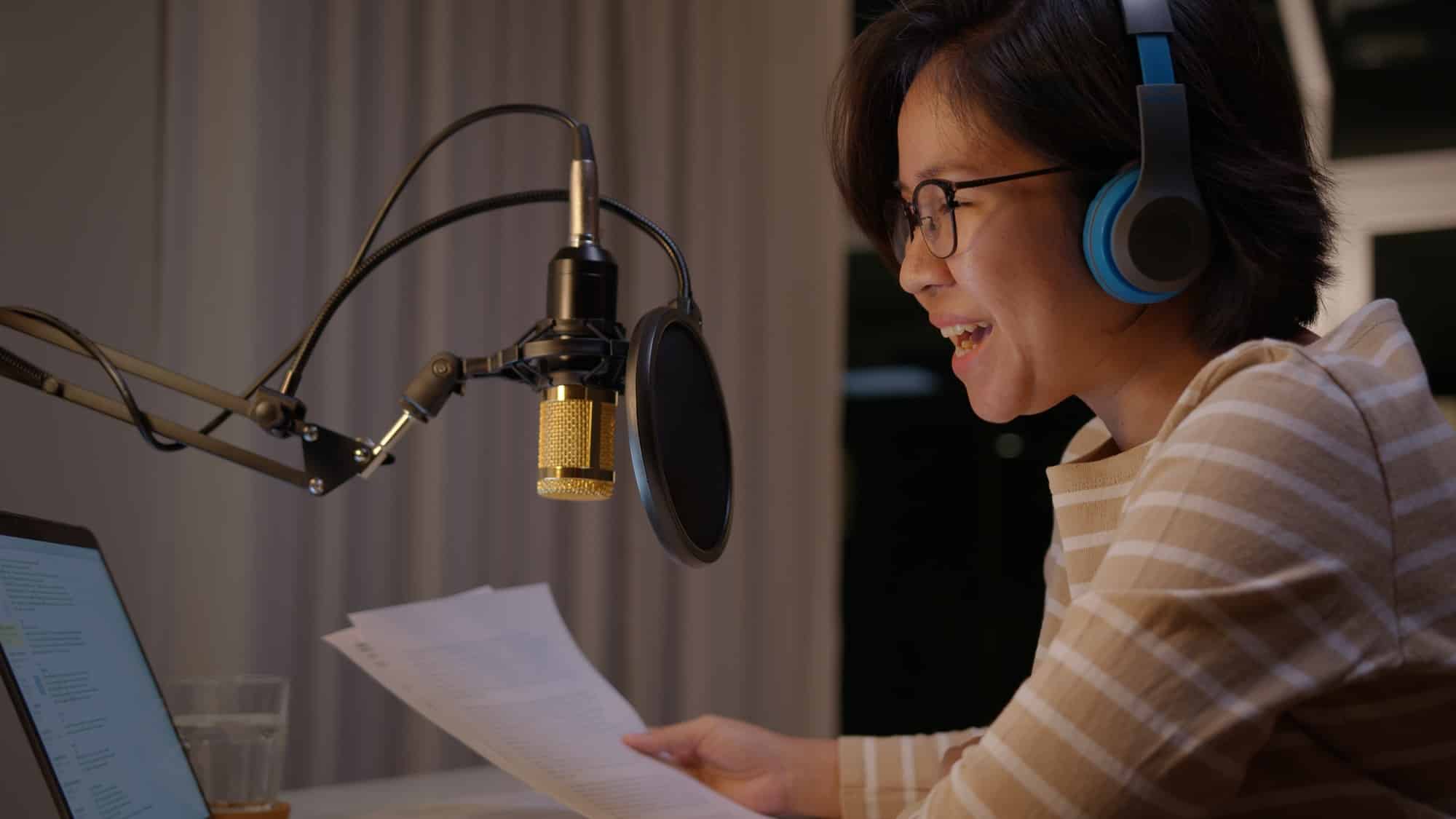How Should UK Specialty Chefs Use Podcasts to Share Culinary Tips and Drive Restaurant Visits?

Today, the culinary world is not just about the food you serve on the table. It has evolved into a form of art and a medium of communication. Chefs are no longer confined within the four corners of their kitchens. They have emerged as influencers, sharing their knowledge and skills through various media platforms. One of the most effective channels is podcasting. But how can UK specialty chefs leverage this platform to share culinary tips and drive restaurant visits? Let's delve into this.
The Power and Influence of Podcasts
Podcasts have become a powerful tool for communication and a rising trend in today's digital age. They offer a platform where information can be shared, discussed, and consumed at the listener's convenience. It's a dynamic arena for chefs to connect with a broad audience and discuss their passion for food.
Cela peut vous intéresser : What Tactics Can UK Children’s Toy Stores Use to Improve Organic Reach on Facebook?
Podcasts offer a unique opportunity for chefs to share knowledge, tips, and tricks of the trade. They can bring in guest speakers, such as other chefs, restaurant owners, food critics, or even their loyal customers, to create engaging and interactive content. This platform allows chefs to delve into the minutiae of their craft, from dissecting complex recipes to discussing the selection and preparation of local ingredients. All this, while cultivating a personal connection with their audience that can drive business to their restaurants.
Making Food Come Alive Through Words
Creating a successful podcast requires more than just good cooking skills. It requires the ability to make food come alive through words. After all, your audience can’t taste, smell, or see the food. It's your responsibility as the host to create a vivid picture in their minds with your descriptions and stories.
A lire en complément : How Should UK Antique Jewelry Stores Use Video Content to Enhance Online Browsing Experience?
Share personal anecdotes, such as how you discovered a particular recipe or the challenges you overcame while creating a new dish. Discuss the local ingredients you are fond of and why. Talk about the role your restaurant plays in your local community. These narratives not only entertain but also foster a deeper connection between you and your audience. Over time, they will start seeing you as a trusted resource and be more likely to visit your restaurant.
Collaborations with Other Chefs and Influencers
Collaborations with other chefs and influencers can be a great way to increase the reach of your podcast. Swap guest spots with other culinary podcasts to expose your brand to their audience and vice versa. You can discuss shared topics, debate different cooking techniques, or even create a joint recipe.
Also, consider bringing in food critics, food bloggers, or other people in the food industry. They can offer a fresh perspective on the industry, provide expert insight, and share great tips. Such collaborations not only make your podcast more interesting but also increase its credibility and appeal.
Leveraging Email and Social Media for Promotion
Promotion is crucial for the success of your podcast. You can’t simply publish episodes and expect people to find you. You need to actively promote your podcast to your target audience, and two of the most effective channels are email and social media.
Use your email list to notify subscribers about new episodes, share exclusive behind-the-scenes content, and encourage them to visit your restaurant. Make sure to include a clear call to action in every email, whether it's asking them to listen to the latest episode, share your podcast with their friends, or book a table at your restaurant.
Social media, on the other hand, is great for reaching a broader audience. Share snippets of each episode, post behind-the-scenes photos, or run live Q&A sessions to engage your followers. Make sure to consistently use relevant hashtags to increase your visibility.
Engaging with Your Listeners
Lastly, make an effort to engage with your listeners. Encourage them to email you their questions, comments, or suggestions. Read them out loud on your podcast and respond to them. This will make your listeners feel heard and valued.
Run contests or giveaways where listeners can win a meal at your restaurant. This not only drives engagement but also encourages listeners to visit your restaurant. Over time, these strategies will help you build a loyal and engaged community of listeners who are not only fans of your podcast but also potential customers of your restaurant.
The Art of Storytelling in Culinary Podcasting
Podcasting in the culinary world is not just about sharing recipes or discussing new food trends. It's about storytelling. It's about bringing together memories, flavours, and people. This is especially true for UK specialty chefs, who have a rich and diverse culinary heritage to draw from. This section will delve into the art of storytelling in culinary podcasting and how it can be used to attract more patrons to your restaurant.
The art of storytelling in culinary podcasting involves weaving together narratives around food, sharing personal experiences, and discussing the cultural significance of different dishes. For example, a chef might share the story of how they learned to make a traditional dish from their grandmother, or discuss the history and cultural significance of a particular ingredient. These stories not only make the podcast more engaging but also help listeners form a deeper connection with the chef and their cuisine.
Storytelling can also be used to showcase the unique features of your restaurant. Discuss the inspiration behind your menu, share stories about your staff, or talk about the challenges and triumphs of running a restaurant. This not only provides listeners with an inside look into your restaurant but also builds anticipation for their visit.
Finally, storytelling can be used to engage with your audience on a deeper level. Encourage listeners to share their own food stories or ask them questions about their favourite dishes. This not only makes your podcast more interactive but also helps to build a community of food lovers who are more likely to visit your restaurant.
Conclusion
In conclusion, UK specialty chefs can use podcasts as a powerful tool to share culinary tips and drive restaurant visits. Podcasts offer a unique platform for chefs to connect with a broad audience, share their passion for food, and discuss their craft in detail. By making food come alive through words, collaborating with other chefs and influencers, leveraging email and social media for promotion, and engaging with their listeners, chefs can build a loyal and engaged community of listeners who are not only fans of their podcast but also potential customers of their restaurant.
The key to a successful culinary podcast lies in the art of storytelling. By sharing personal anecdotes, discussing the cultural significance of different dishes, and providing an inside look into their restaurant, chefs can create engaging and interactive content that resonates with their audience. Over time, this can lead to an increase in restaurant visits and a stronger brand presence. So, if you're a UK specialty chef looking to share your culinary tips and drive restaurant visits, consider starting a podcast. It's a delicious way to connect with food lovers around the world.
